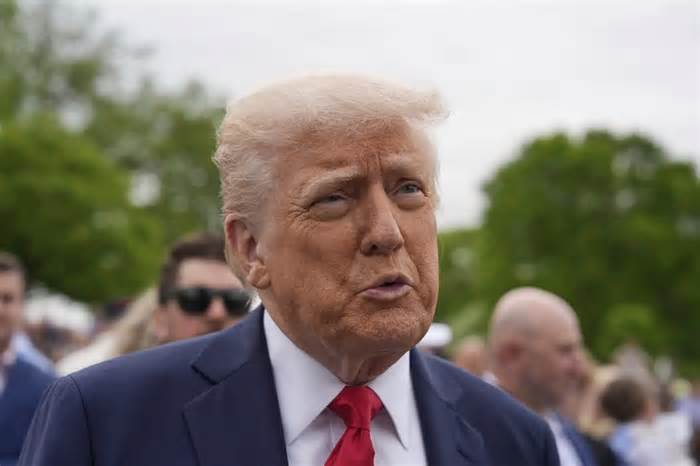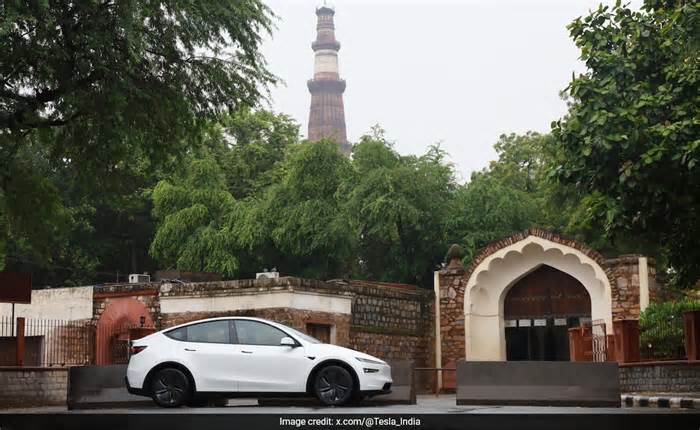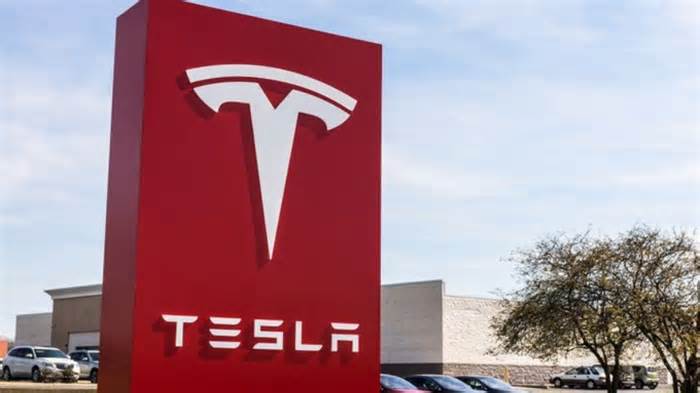
Bureaucrats are sabotaging the America First trade agenda
- by Washington Examiner
- Apr 23, 2025
- 0 Comments
- 0 Likes Flag 0 Of 5

April 23, 2025 6:00 am
Facebook Don’t underestimate the power of storytelling
Then there’s the AD/CVD case targeting solar panels from Southeast Asia — Vietnam, Thailand, Malaysia, and Cambodia. These countries are some of the biggest buyers of U.S.-made polysilicon, the raw material used in solar panels. But by slapping tariffs on their solar imports, we risk driving them away — and sending them straight to China, which already dominates the market. So instead of helping American workers, this case could shrink demand for U.S. goods and cost us jobs. All to protect a narrow part of the solar industry while hurting the rest of it. It’s a lose-lose.
The companies pushing this? Qcells and First Solar — two firms with deep connections to the Biden-Harris team. Qcells is owned by a South Korean conglomerate. First Solar has been showered with government subsidies. Both have close ties to Democrats who’ve spent years pushing climate politics over manufacturing strength. Qcells uses a supply chain linked to China and gets a free pass. Meanwhile, they’re helping Biden-era holdovers inside the Commerce Department and the International Trade Commission go after companies that are not relying on China. It’s the usual game: rules for thee, but not for me.
These unelected bureaucrats are still in place even under President Donald Trump — and they’re using these trade tools to push their own agenda. They’re not protecting American workers. They’re going after Trump’s trade policies by twisting AD/CVD rules into weapons.
On Monday, the Department of Commerce announced tariffs of up to 3,521% on select imports from Southeast Asian countries. Since Hanwha Qcells and First Solar brought the suit, they’re largely immune from the tariffs. First Solar itself doesn’t even use polysilicon. Each company got a sweetheart deal from President Joe Biden, then initiated this lawsuit knowing they could game the system, effectively building a moat around their government handouts. The ironic thing is the main users of U.S. polysilicon will ultimately be negatively impacted by this decision, harming a domestic market we’re supposedly trying to protect.
Let’s be clear: AD/CVD laws were meant to stop unfair foreign trade practices. But today, they’re being abused by well-connected companies to crush their competition. They’re being used to block imports, jack up prices, and strangle American businesses that are actually trying to grow. The system is slow, confusing, and easy to game. It’s not about fairness anymore — it’s about picking winners and losers from D.C. offices far from the factory floor.
Trump’s new Commerce Secretary, Howard Lutnick, has a chance to clean this up. First, the rules need to be tightened. Trade cases should only move forward when a real U.S. industry is being harmed — not some imaginary future business. That change alone would stop ridiculous cases such as the battery anode fight. Second, speed up the process. Dragging things out helps no one except lawyers and lobbyists. Third, bring sunlight to the system. Companies filing these cases should have to reveal who’s funding them and what political ties they have. No more hiding behind phony slogans like “fair trade.” And finally, we should focus on boosting American industry with tax breaks and fewer regulations —instead of hitting ourselves with tariffs that backfire.
Please first to comment
Related Post
Stay Connected
Tweets by elonmuskTo get the latest tweets please make sure you are logged in on X on this browser.
Sponsored
Popular Post
Sam Altman's OpenAI Takes On Elon Musk's Grok in AI Chess Tournament Final - Who Won?
28 ViewsAug 09 ,2025






 Energy
Energy


















